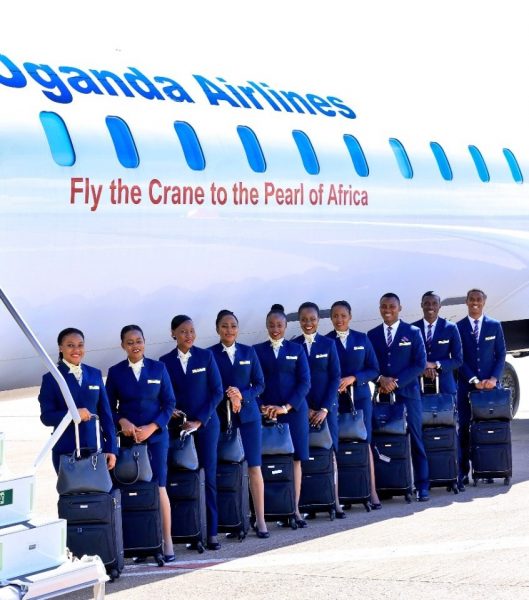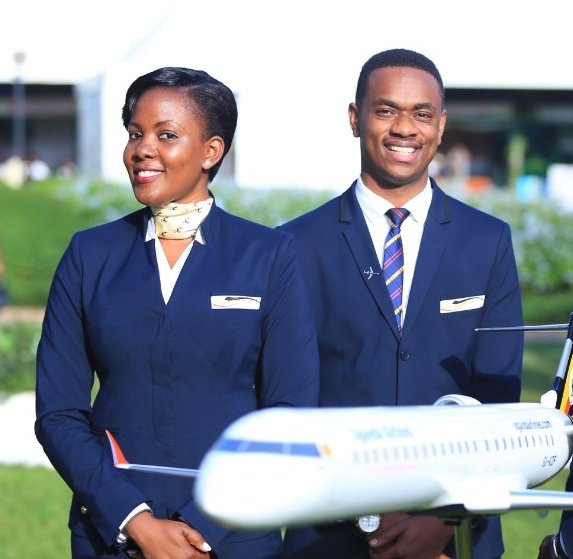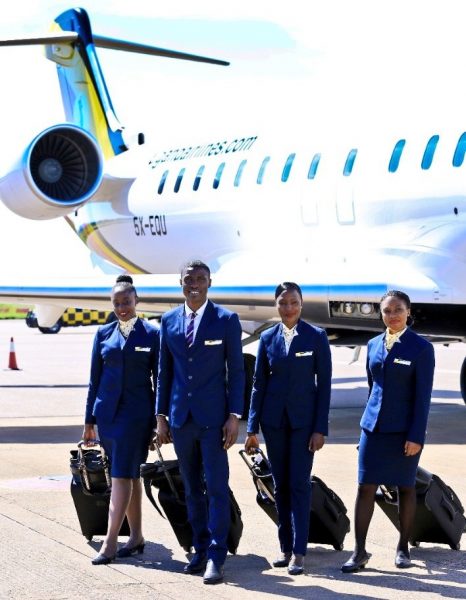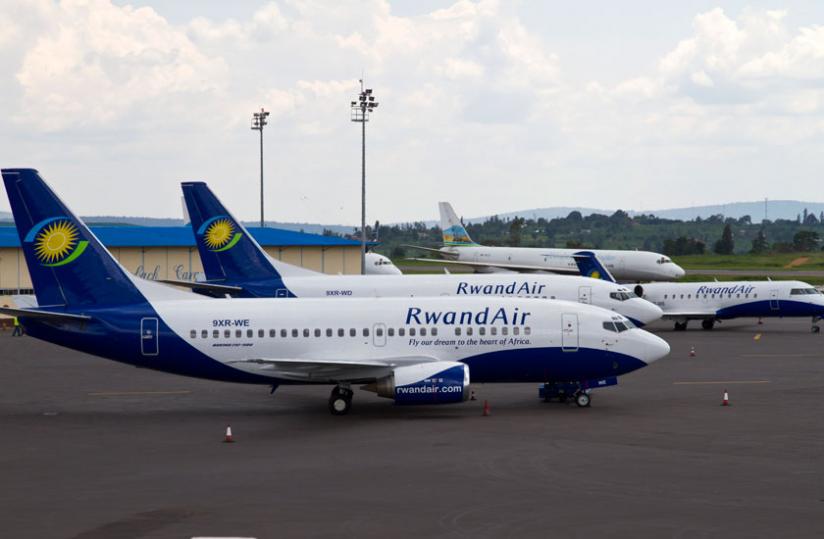Airlines primarily employ flight attendants to perform safety functions on an aircraft. This function operates alongside their conspicuous customer service presence. The role is often portrayed as being quite glamorous. However, as with any job, it has both its pros and its cons. The following are what Guide2Uganda believes to be the three most significant positives and negatives of working as a flight attendant.
The positives – Working as a flight attendant can have a plethora of benefits. Guide2Uganda considers the three most significant of these to be as follows:
Travel benefits
One of the best perks of working as a flight attendant is the discounted, or sometimes even free, travel that the role offers. A job that pays you to fly to new cities worldwide while providing a hotel and sometimes a long layover sounds, at face value, like a very exciting prospect indeed.
Additionally, many airlines have contracts with each other that allow flight attendants to fly for free all over the world. In some cases, the perks also extend to members of their family. It is, however, important to consider that, in many cases, the discounted travel will be on a standby basis.
Flexibility
For many people, a conventional working week consists of weekdays working roughly 9am -5pm. Flight attendants, however, have the ability to swap, trade, drop, PTO, and essentially work a schedule of their choice depending on their seniority. The number of permitted swaps during a given time period varies from airline to airline.
Some flight attendants opt to stack their work trips so that they can travel on their days off. This means a flight attendant can essentially work full time, yet take, for example, 12 consecutive days off to travel.
Interestingly, another way of getting paid to travel is through travel rewards credit cards. Guide2Uganda has compiled a review of the leading examples.
Meeting new people
If you’re a people’s person, you are likely to be very well suited to the role of a flight attendant. While safety is a flight attendant’s most important value, customer service is a close second. Over the course of a working day, flight attendants will meet and interact with people from all over the world.
Each of these people will have a different story, as passengers travel for a myriad of different reasons. There are people at the airport, on the plane, in hotels, and on layovers that flight attendants will always meet.
The negatives
In light of the aforementioned positives, it is, of course, also important to consider any downsides of the role. These are what Guide2Uganda considers to be the three most significant negative aspects of working as a flight attendant:
Low pay
Considering their significant safety responsibilities, flight attendants receive a comparatively low salary. This is especially the case when they first take to the skies. Indeed, it can take up to 15 years before a flight attendant is earning what would be considered a high salary.
Flight attendants generally receive pay at an hourly rate that includes aspects of their day such as airport security and briefings. On the whole, this can make for a much longer working day than one might expect when just looking at the time spent onboard the aircraft itself. Additionally, they receive a daily rate while on layovers.
Reserve life
At some airlines, a new flight may be more likely to be rostered as a reserve, or on-call. This means that the flight attendant may spend a lot of time waiting at home or the airport. During this time, they must wait to be called for a trip, which does not always happen. If one is assigned, a flight attendant will generally have around two hours to report for the trip.
This can be one of the toughest and most frustrating times as a flight attendant since, as reserves, cabin crew do not always know the crucial details until rather short notice. These can include where they are going, how long they will be gone for, or when they will be called.
Reserve flight attendants are typically rostered to work leftover trips, or are pulled in different directions depending on operational needs. Short-term cover may also be required in the case of events such as a colleague falling ill at short notice.
Away from home
Some senior flight attendants are able to work day turns. However, most flight attendants will have rosters that require them to be away from home for several days at a time. A flight attendant’s lifestyle can be hard if one has a family, a house, or pets. As a passenger, it is important to remember that flight attendants fly you to your family and friends instead of spending time with their own loved ones.
Conclusion
Despite the aforementioned negatives, a flight attendant’s role is, for the right people, a hugely rewarding one. However, in light of the ongoing coronavirus pandemic, now might not be the best time to apply to be one. Indeed, some Airlines have had to furlough a number of their flight attendants due to their current reduced schedule.
About Guide2Uganda
Guide2Uganda (www.guide2uganda.ug) is the most comprehensive source of information about Uganda that exists on the web, with more content on Uganda and surrounding towns, attractions, museums and galleries than any other online guide that currently exists for Uganda as well as being a dynamic news and comprehensive events driven site with content being added daily.
According to WeFollow & Peer Index (whom both measure online influence) we are among the most influential online media organizations in Uganda. We were also awarded for ‘’Best Destination Website in Uganda’’ by Jumia Travel Uganda in the 2017-2018 Africa Travel Awards. If you are planning a visit to Uganda you can always reach us on; info@guide2uganda.ug







